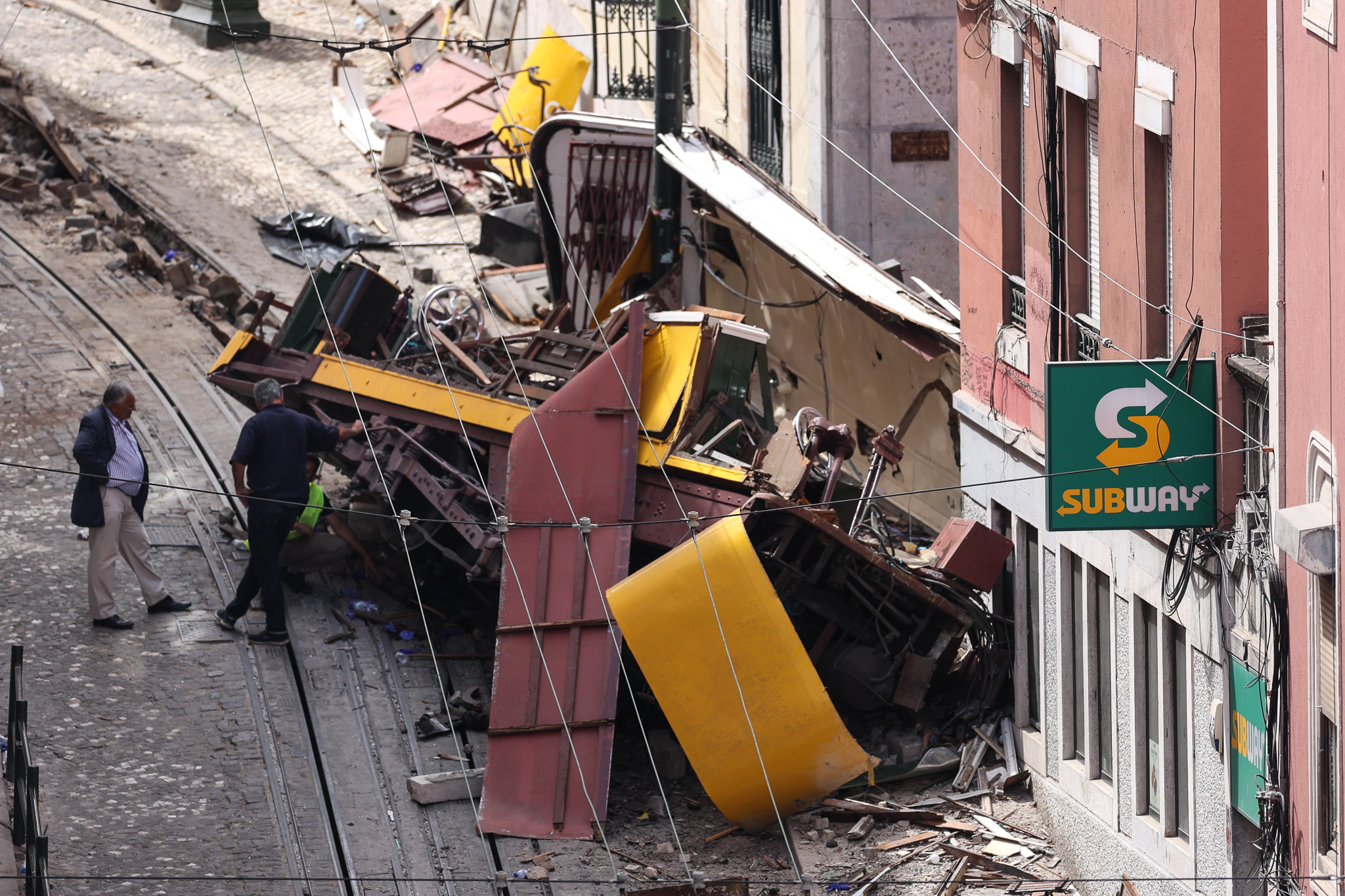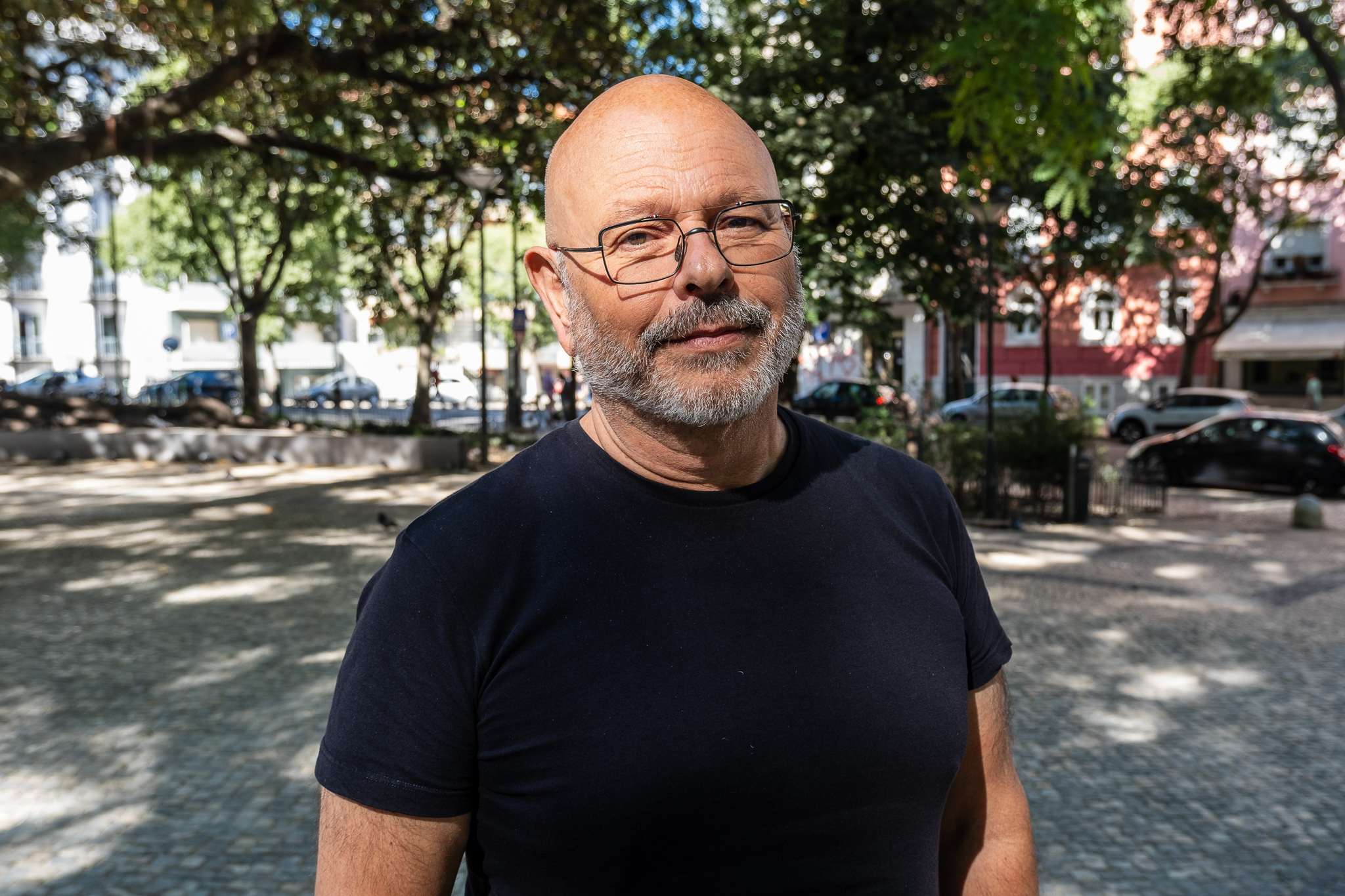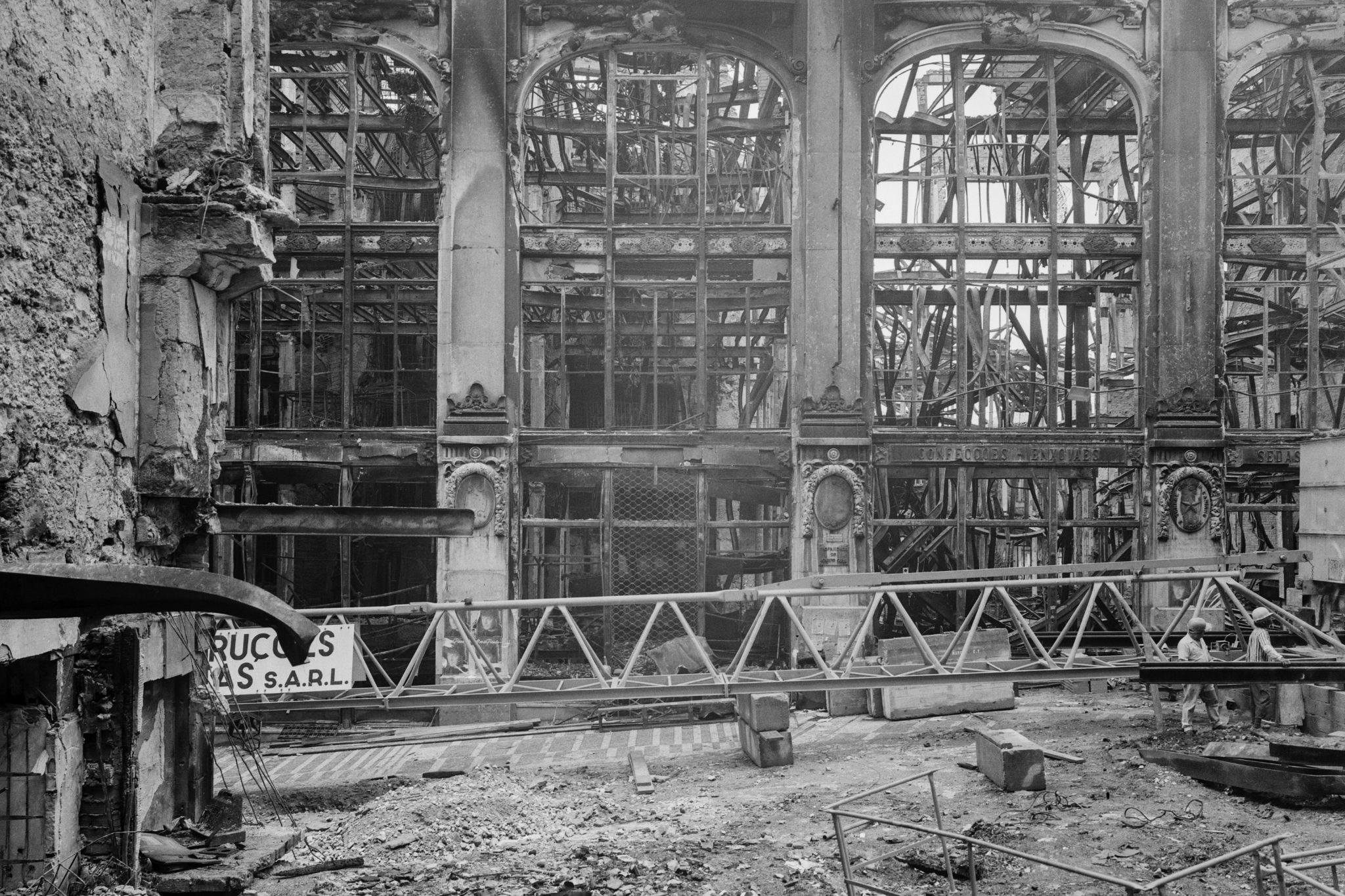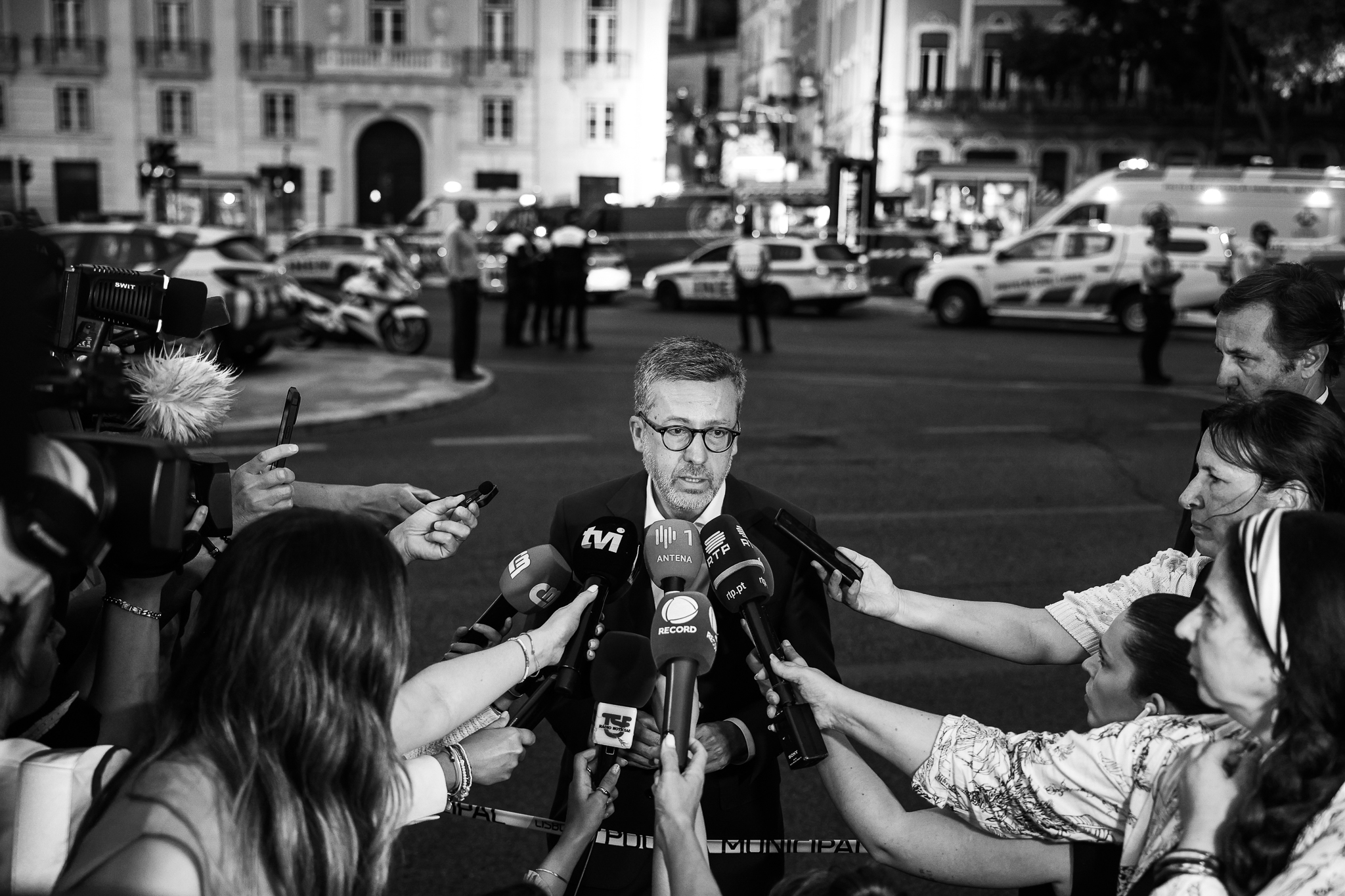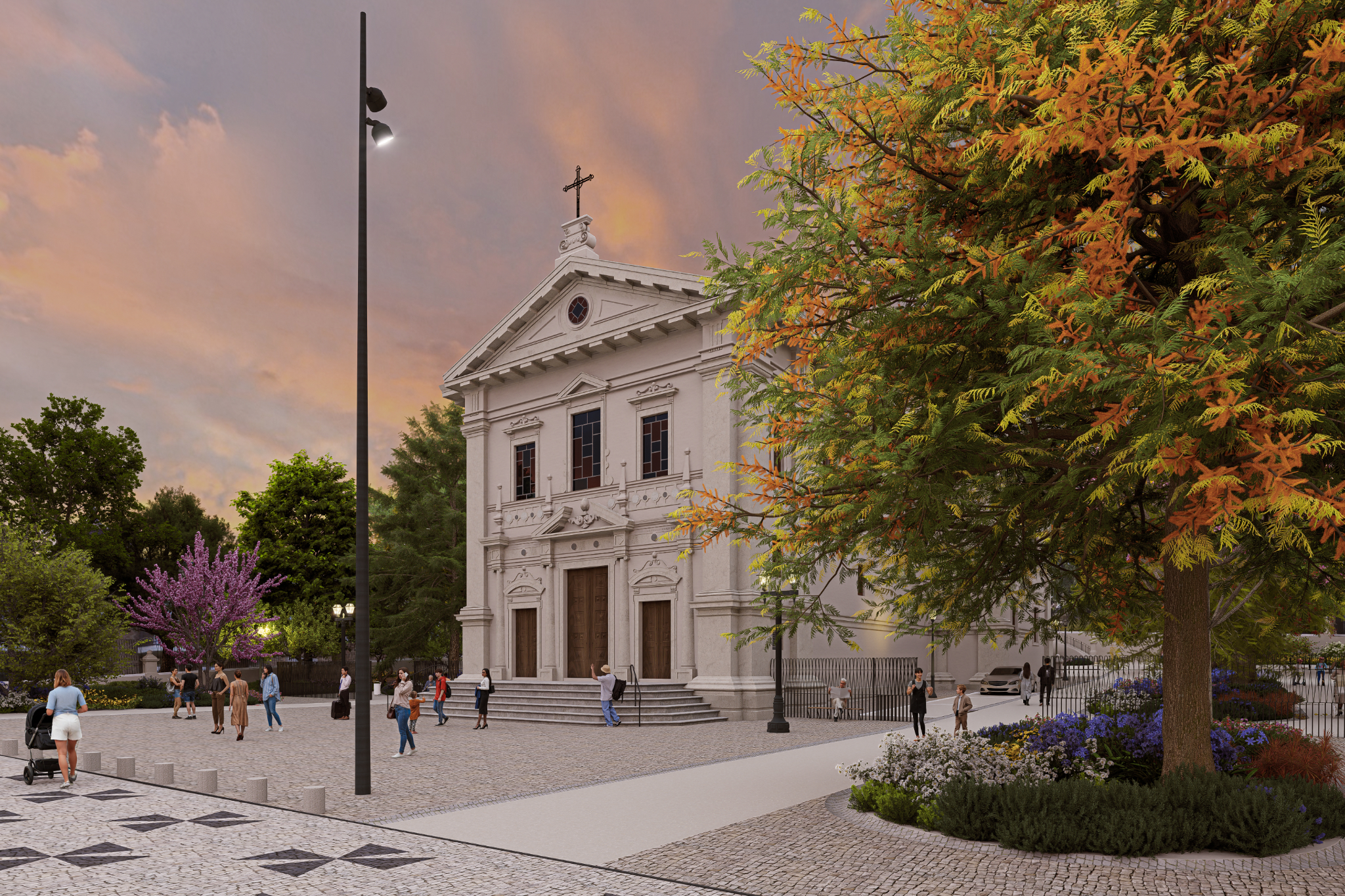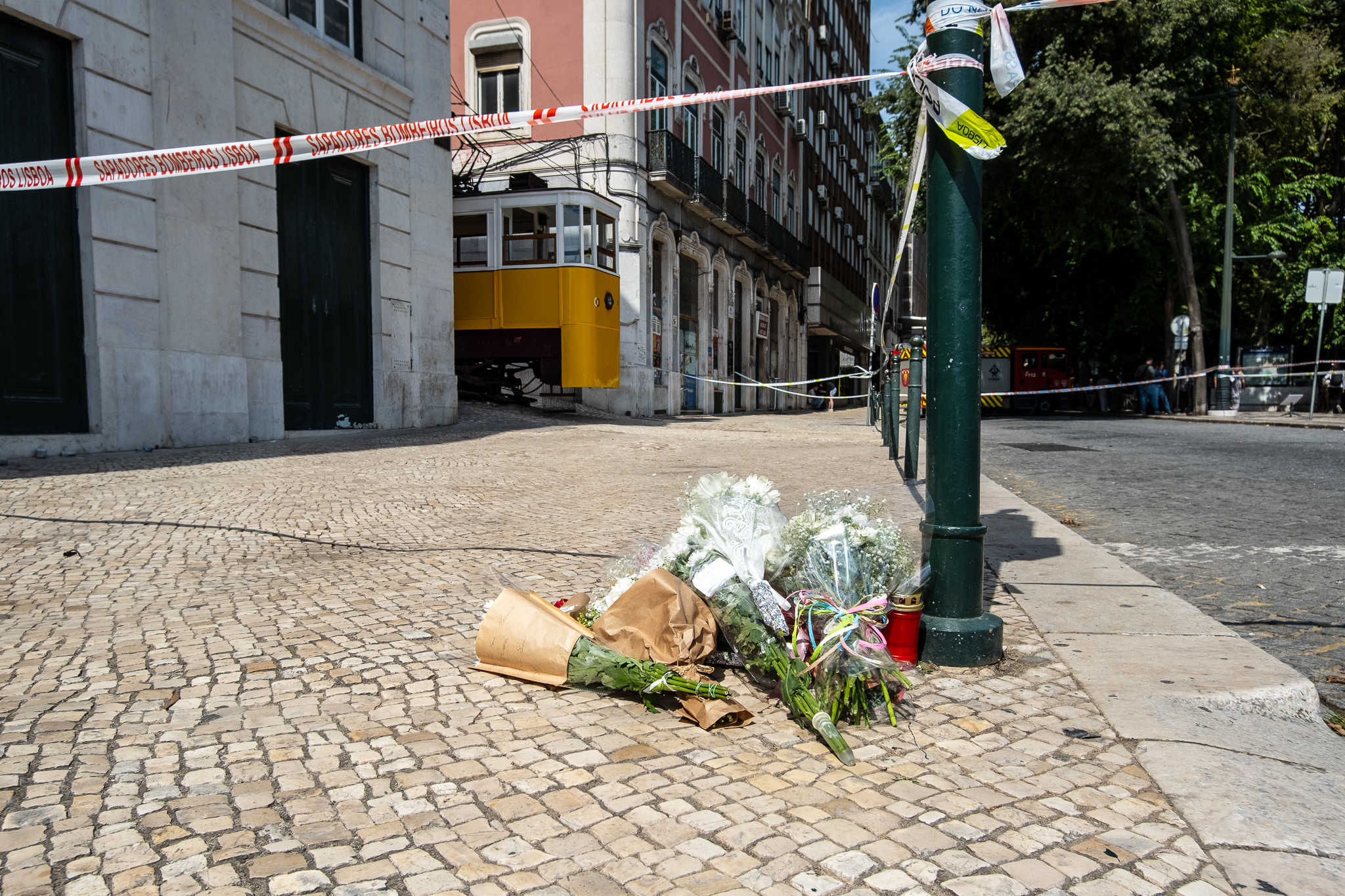The Navegante Days will be held on April 1st and 2nd, bringing together transport companies, policy makers and other stakeholders in metropolitan mobility in Lisbon. The event is free and open to everyone.
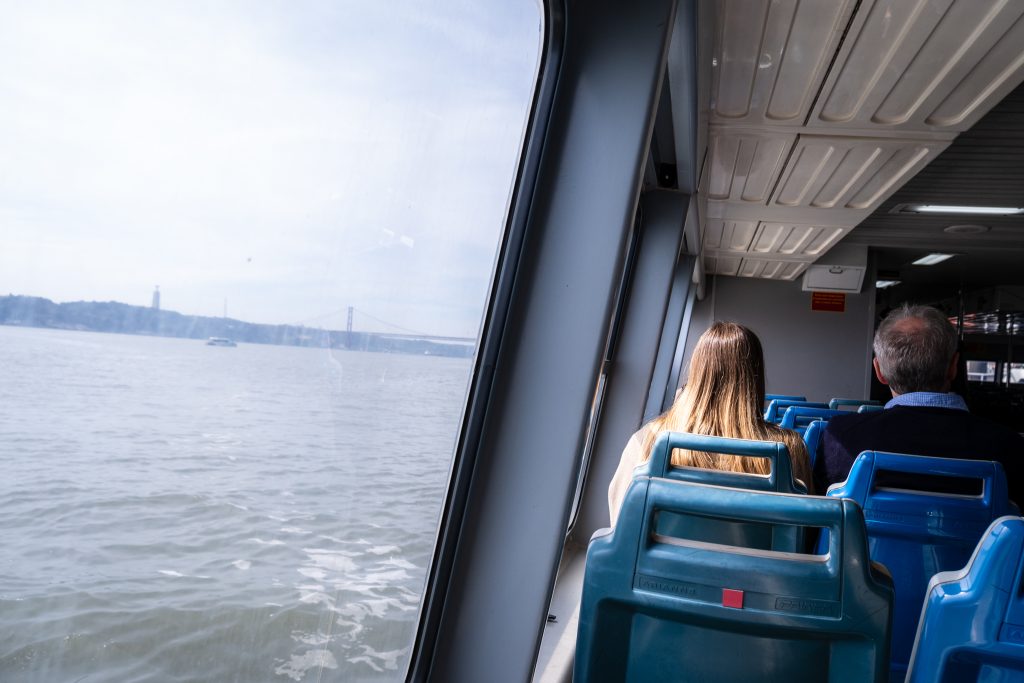
On April 1st and 2nd, transport companies, political decisions and other stakeholders in Lisbon's metropolitan mobility will open up to the general public at a free conference. The Mobility Days will be an opportunity for people to learn more about the work being done and to ask questions directly to those responsible.
The event, which is being promoted by the Lisbon Metropolitan Area (AML) and the Lisbon Metropolitan Transports (TML)will be held at Queluz National Palaceaccessible by train (Sintra line) or Carris Metropolitana lines 1510, 1513, 1519 and 1717 (a 1717 direct part of the terminal/Metro do Colégio Militar). On day 1, it will only be in the afternoon. On the 2nd, it will take place throughout the day.
The entrance fee is free of chargebut lacks registration, which can be done here.
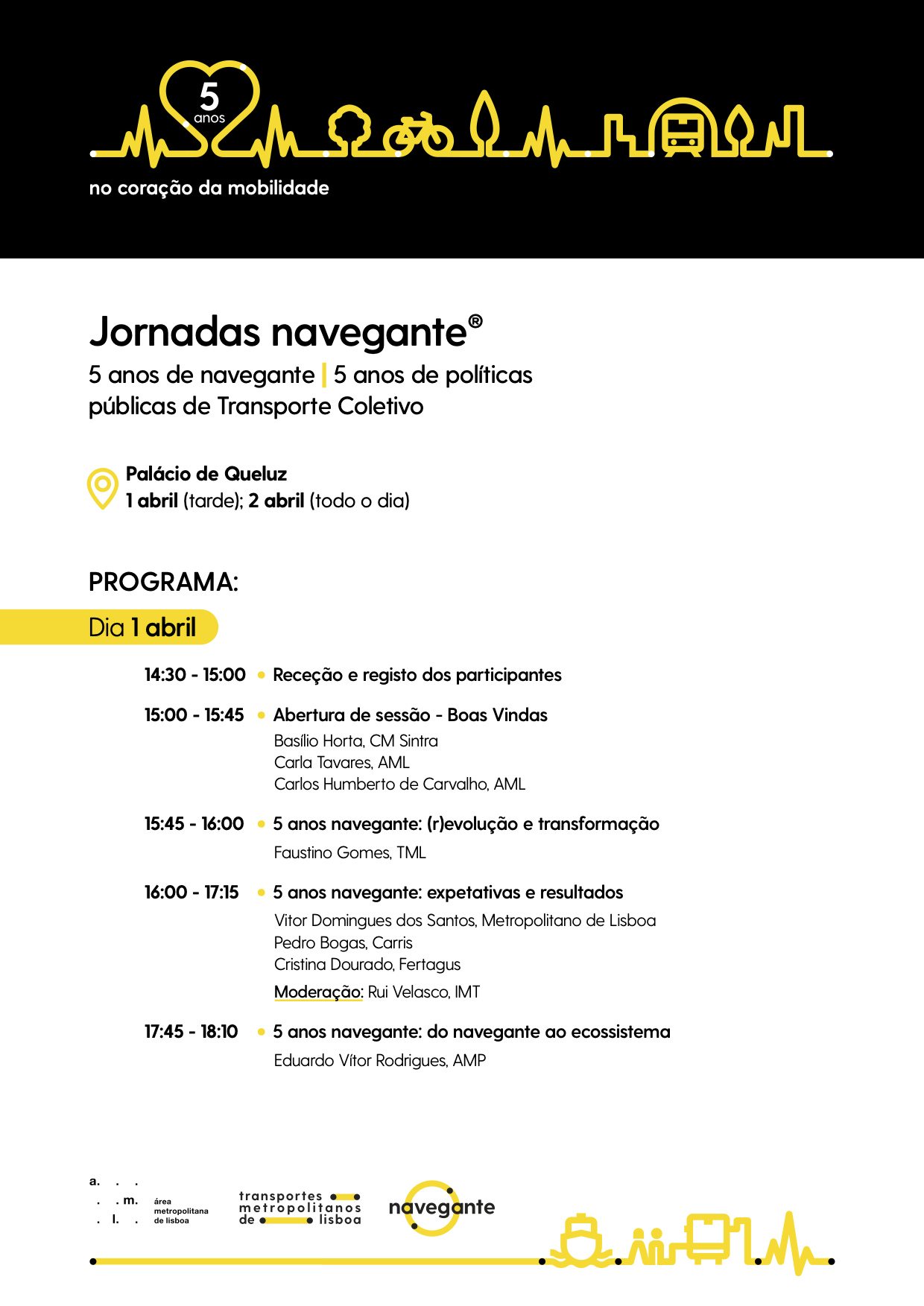
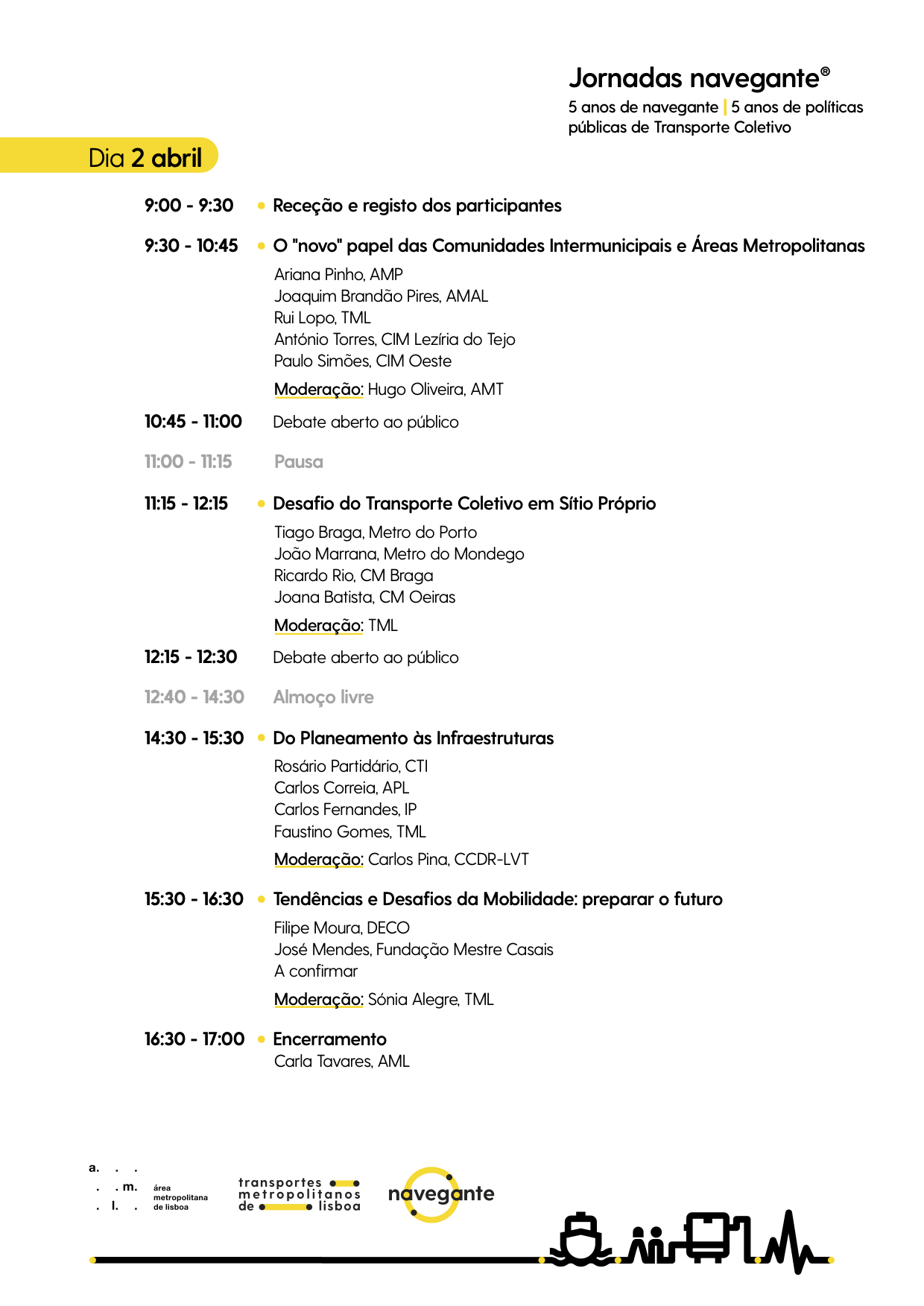
Participants around 25 speakersbelonging to institutions as diverse as Comissão de Coordenação e Desenvolvimento Regional de Lisboa e Vale do Tejo (CCDR-LVT), Sintra, Oeiras and Braga city councils, Carris, Fertagus, Metro de Lisboa, Instituto da Mobilidade e dos Transportes (IMT), Autoridade da Mobilidade e dos Transportes (AMT) and Infraestruturas de Portugal (IP).but also the Metropolitan Area of Porto, the intermunicipal communities of Oeste and Lezíria do Tejo and Algarve, Metro do Porto or Metro Mondego.
The Navegante Days will thus bring together some of the main stakeholders (authorities, operators, entities, experts and technicians) with the aim of gathering new contributions that may be relevant to continuing along a path of more sustainable mobility in the Lisbon metropolitan area. The event will also mark the five years of Navegante.
In 2019, Navegante brought simplification to the fare system, a reduction in the cost of the monthly pass, the extension of its geographical coverage, more mobility and more people using public transport. The implementation of this measure has contributed to improving people's quality of life and mobility, and was only possible due to the political priority assumed at the 1st Metropolitan Areas Summit and the commitment of the government, mayors and services of the respective municipalities.

